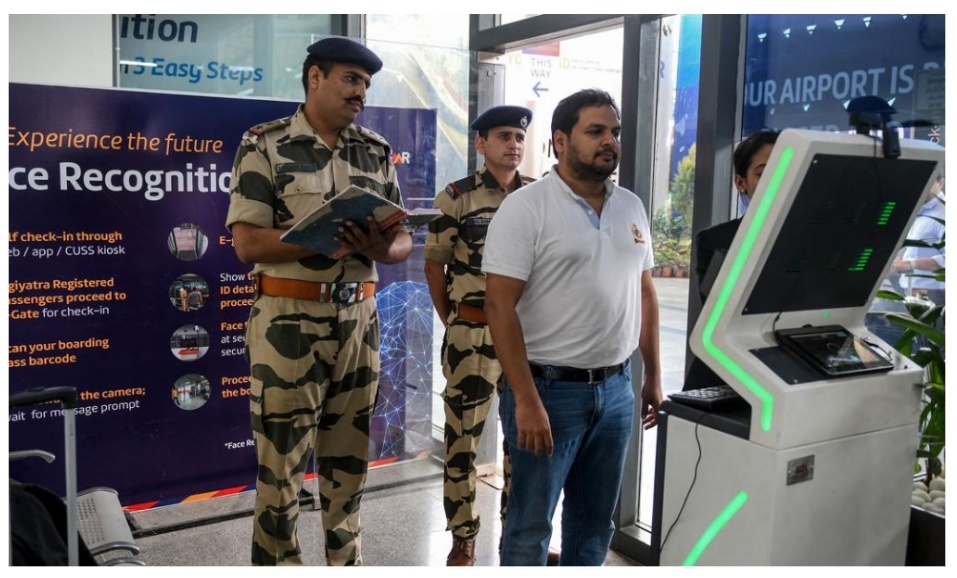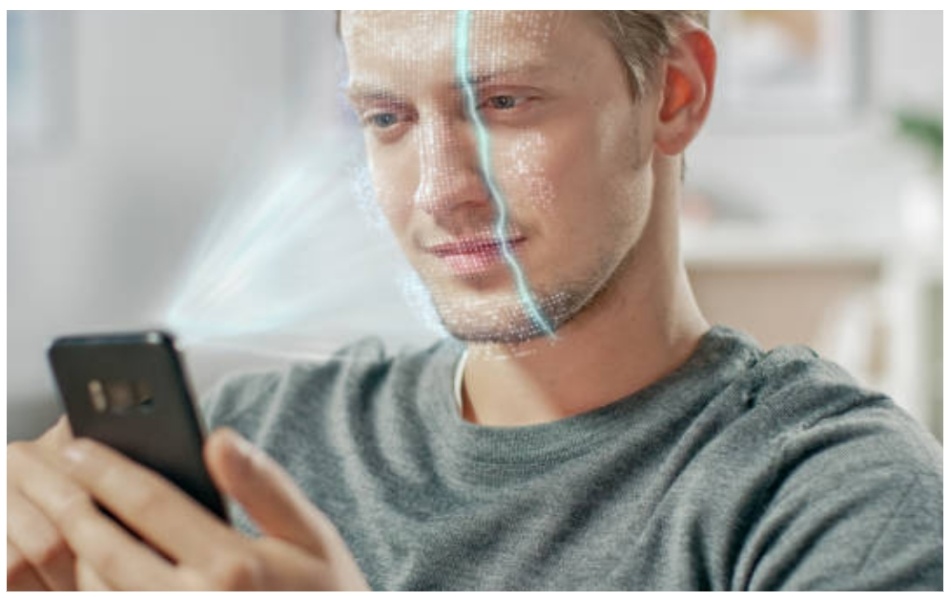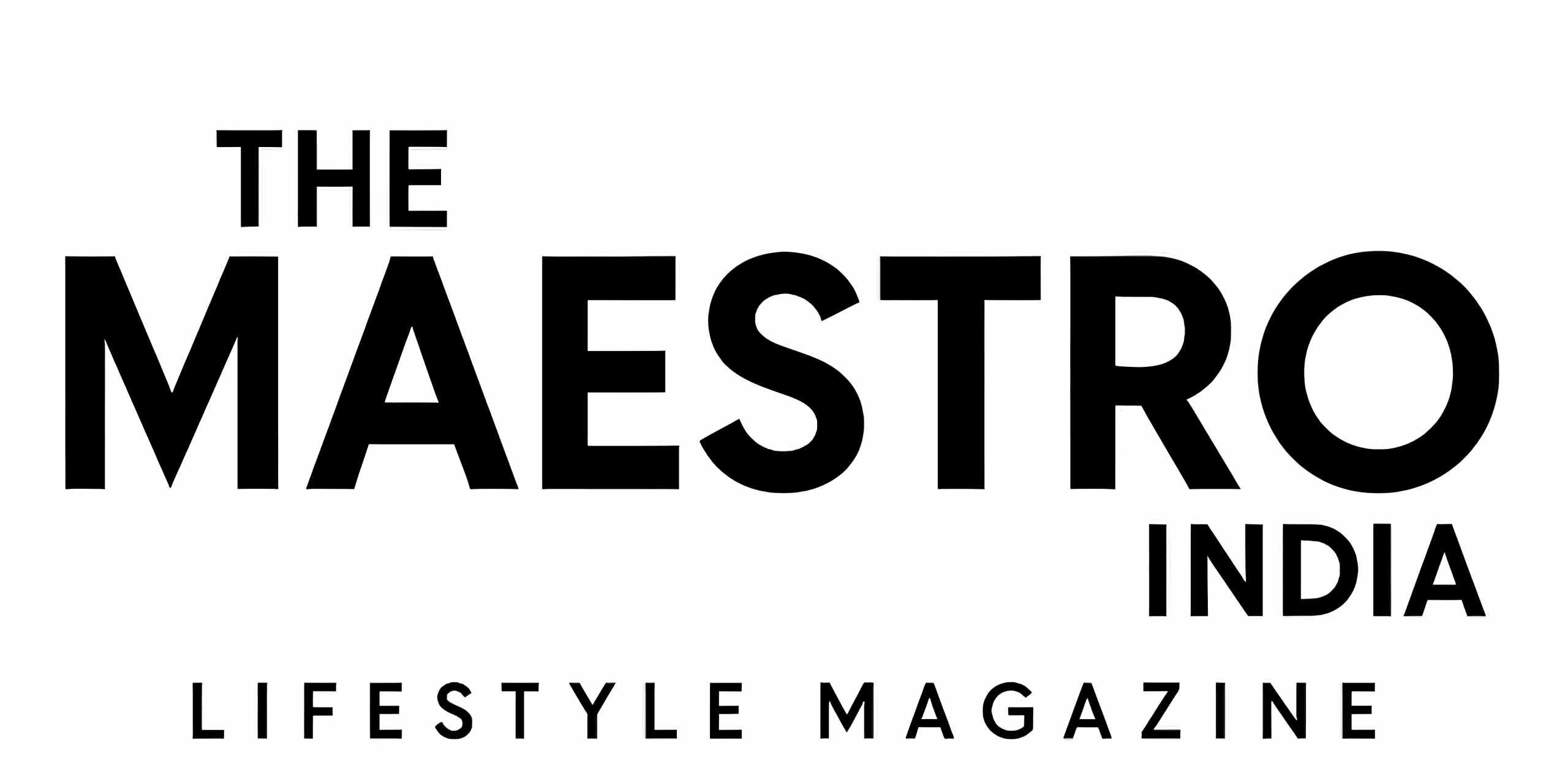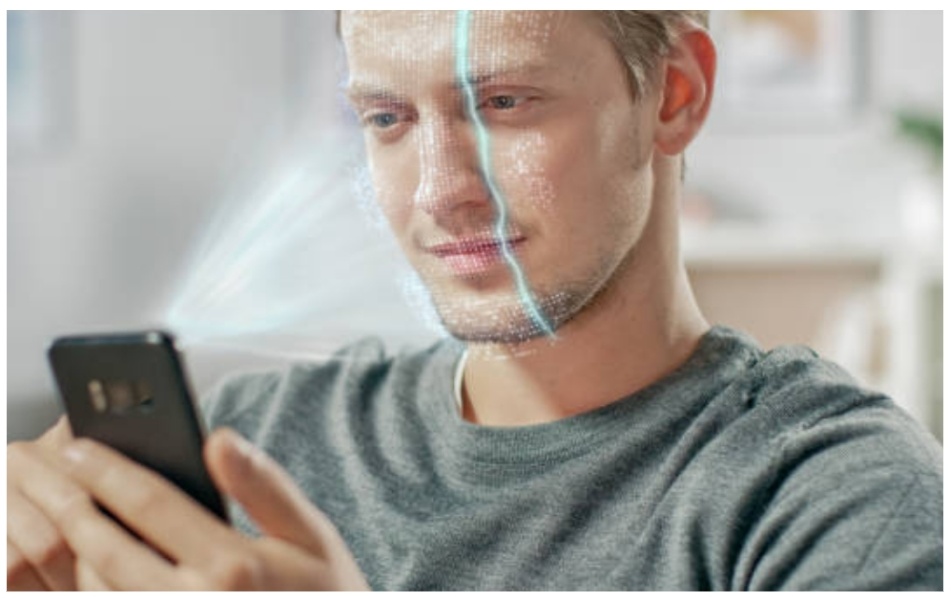By Rashmi Kulkarni, Co- Founder and Director IndoAI Pvt Ltd.
Unlocking mobile phones, tagging friends on social media, and navigating airport security all use facial recognition technology. But is this breaching our privacy or is it making our life easy?

Imagine being able to navigate an airport without looking for your passport. It is possible because of facial recognition technology, which expedites the process while maintaining strict security. Also for law enforcement, it’s revolutionary, aiding in the identification of criminals and the finding of missing individuals. Also, it helps in access control in sensitive areas, which will make sure that only authorized individuals can have access.
Privacy at Risk
Let’s have a look at the darker side of it. What if every move you make is tracked without your consent? People are scared that facial recognition technology enables public place surveillance, which turns them into constant monitoring zones.

Technology will not be perfect always; it may give wrong results, especially from minority groups, which leads to unfair treatment for them. Also, we should be aware that if the system is hacked, your facial identity will be in the wrong hands.
Can We Have Both? Yes, the solution lies in regulation and responsibility.
Concrete laws are required to ensure responsible development of technology and ensure transparency and consent. Organizations and government bodies must use AI technology ethically, considering privacy while reaping its benefits fully.

Facial recognition isn’t going away, but how we use it will define its impact. Will it be a tool for safety or a threat to freedom? The choice is ours.


0 Comments